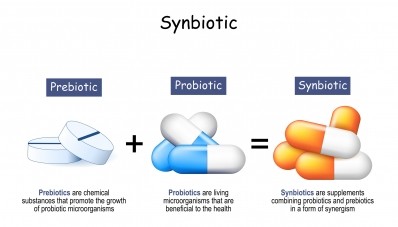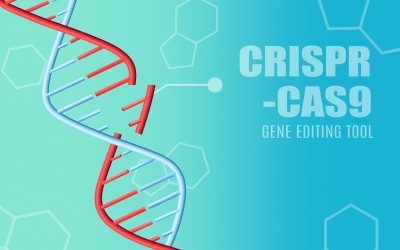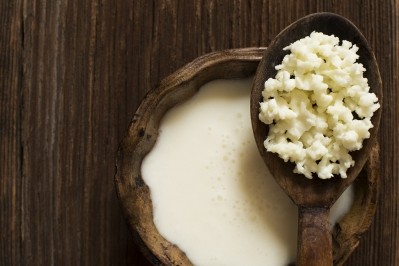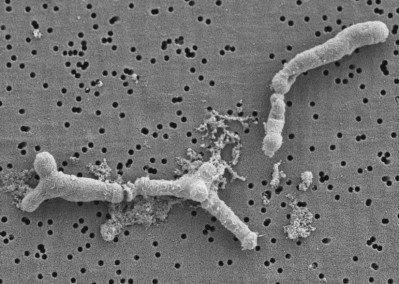Bifidobacterium
Spotlight
Follow us
Products
View moreWebinars
Featured Suppliers
All- Catalent Consumer Health
- CJ BIO
- Confidence USA
- DolCas Biotech, LLC.
- Ecuadorian Rainforest: Ingredients From South America & Beyond
- Effepharm Ltd
- Fruit d'Or
- Funtrition®
- GC Rieber VivoMega™
- Gemini Pharmaceuticals, Inc
- Horphag Research
- IGY Life Sciences
- Kaneka Nutrients
- Kaneka Probiotics
- Karallief® Inc
- Kemin Human Nutrition and Health
- Maypro
- Natural Alternatives International
- Ohly
- OmniActive Health Technologies
- Pharma Foods International Co., Ltd.
- SR CarnoSyn®
- Threotech, LLC
- VeCollal®
- Verb Biotics























